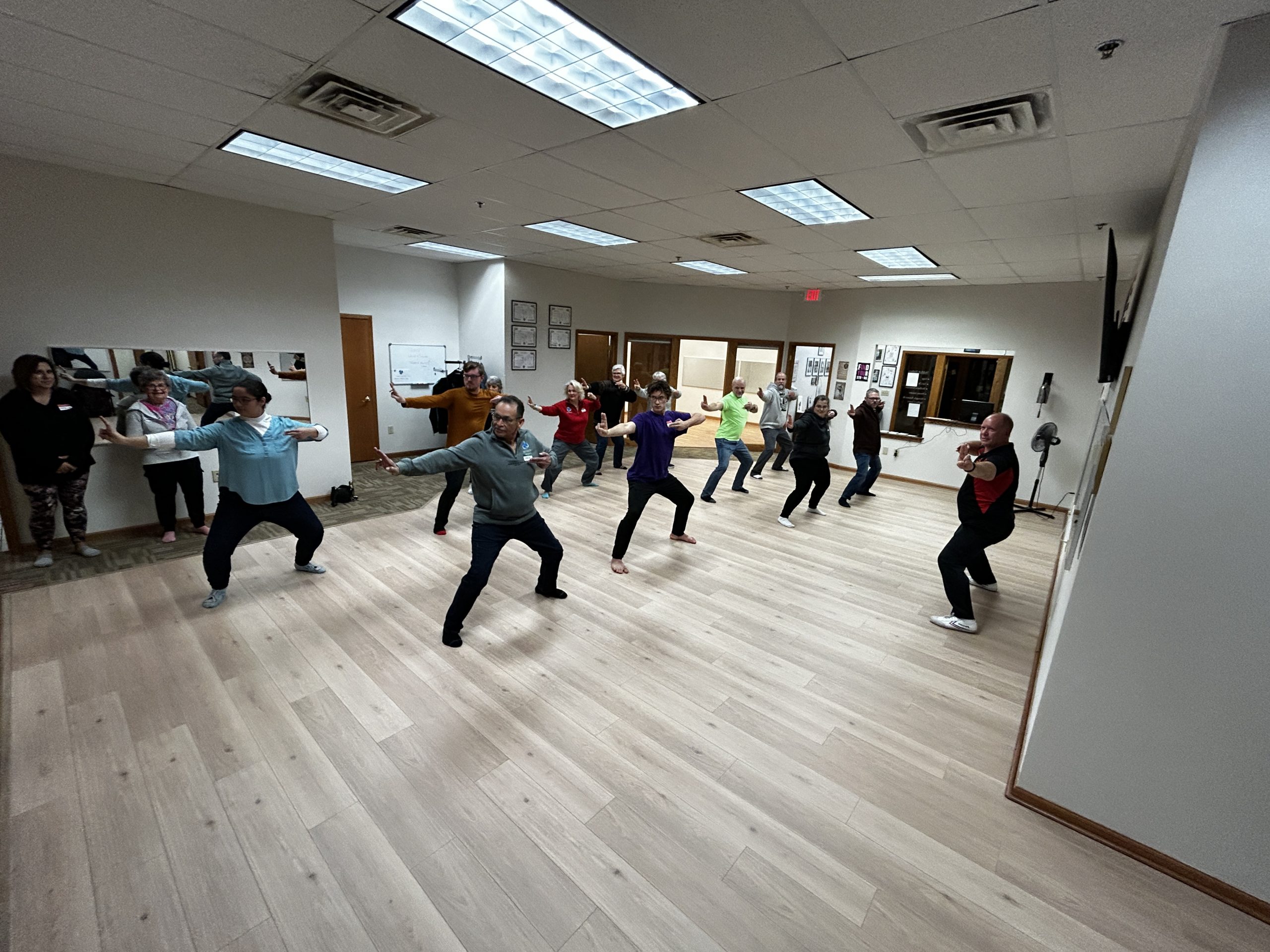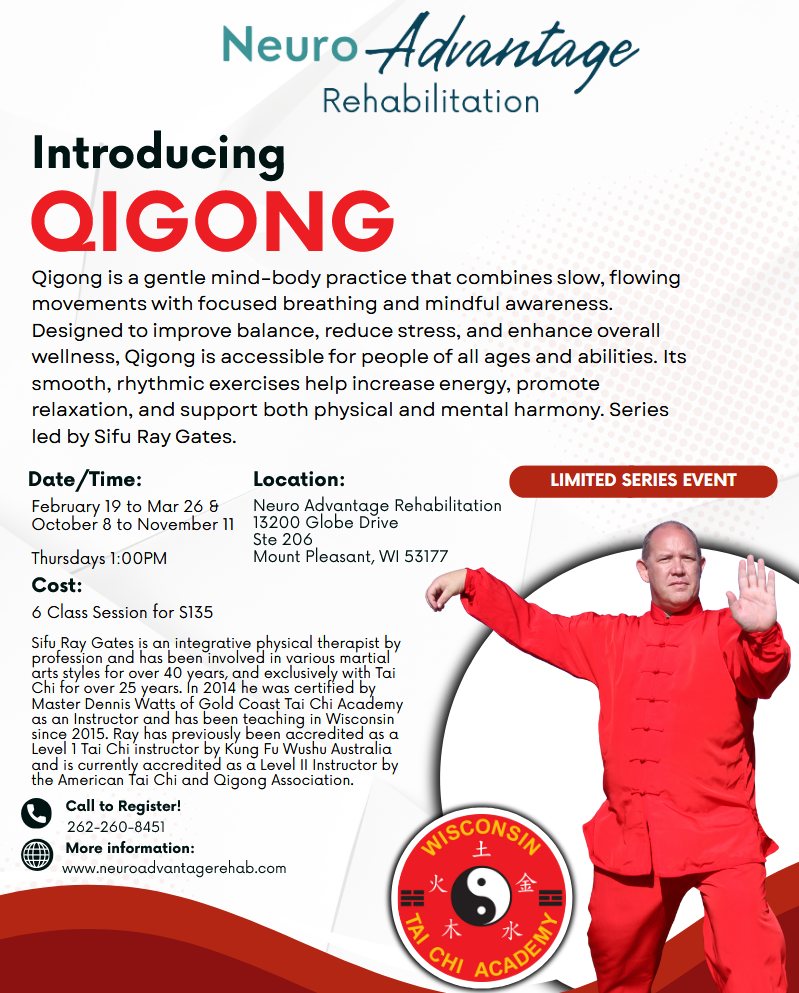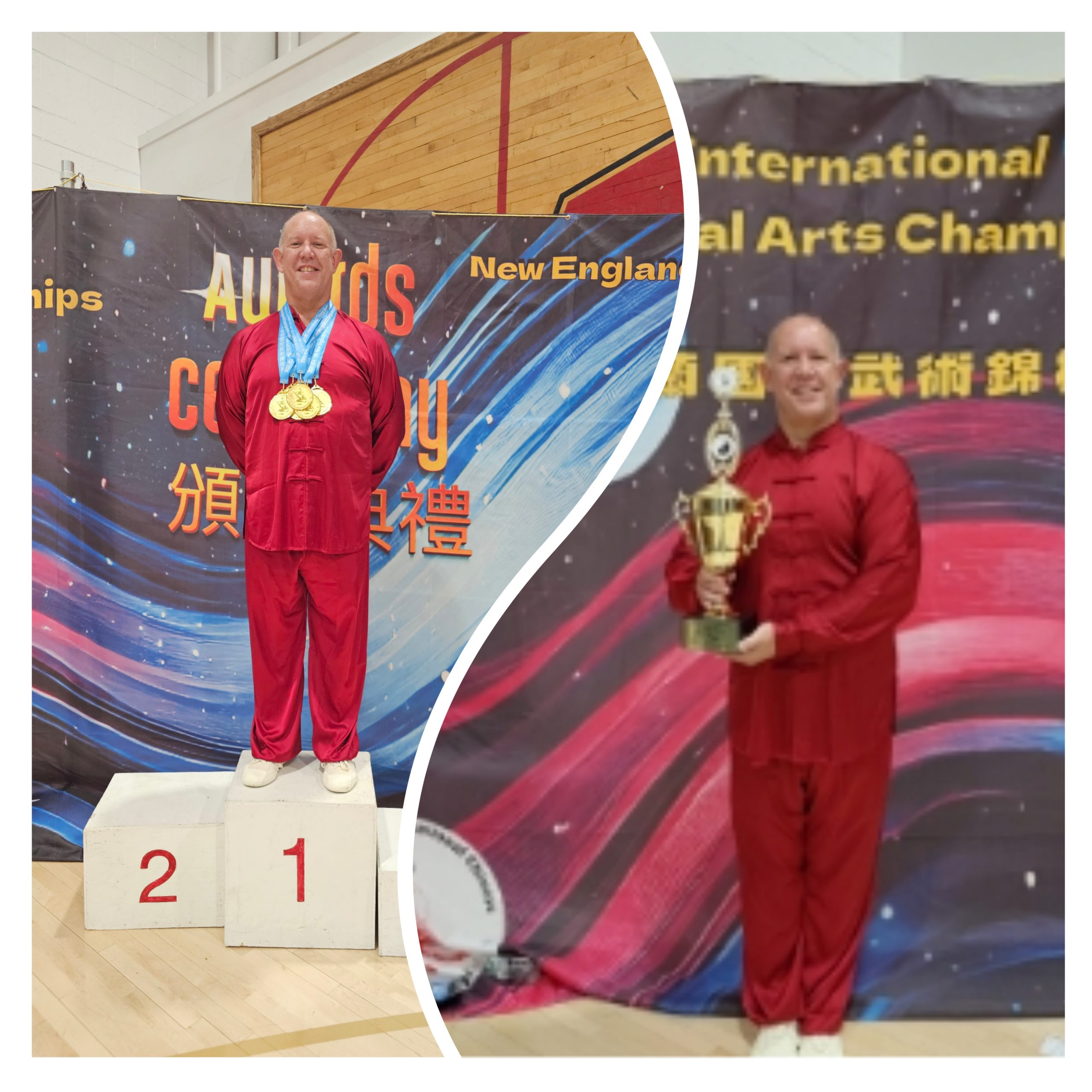Wisconsin Tai Chi Academy has recently been listed as part of the Safe Space Alliance. The Safe Space Alliance is a LGBTQIA+ led non-profit organization which aims to helppeople identify,

WTCA Partners with Midwest Shorin-Ryu Health and Wellness Center to Bring Tai Chi to Franklin ResidentsWTCA Partners with Midwest Shorin-Ryu Health and Wellness Center to Bring Tai Chi to Franklin Residents
Wisconsin Tai Chi Academy is pleased to announce a new partnership with Midwest Shorin-Ryu Health and Wellness Center to include Tai Chi classes as part of their range of services

WTCA Partners with Neuro Advantage Rehabilitation to Provide Qigong ClassesWTCA Partners with Neuro Advantage Rehabilitation to Provide Qigong Classes
Wisconsin Tai Chi Academy is pleased to announce a new partnership with Neuro Advantage Rehabilitation to provide Qigong classes at their rehabilitation facility in Mount Pleasent, Wisconsin. Neuro Advantage Rehabilitation’s

WTCA Brings Home 6 Gold and USA National Tai Chi Grand Champion Cup from New England International Chinese Martial Arts ChampionshipsWTCA Brings Home 6 Gold and USA National Tai Chi Grand Champion Cup from New England International Chinese Martial Arts Championships
Wisconsin Tai Chi Academy’s Founder and Head Instructor, Sifu Ray Gates, has successfully won six gold medals and the USA National Tai Chi Grand Champion Cup for his gender and

WTCA Wins 7 Gold Medals at 2025 National Senior GamesWTCA Wins 7 Gold Medals at 2025 National Senior Games
Three students and Sifu Ray Gates from Wisconsin Tai Chi Academy have successfully won seven gold medals at the 2025 National Senior Games held in Des Moines, Iowa. This year

WTCA Celebrates Ten Years of Teaching Tai ChiWTCA Celebrates Ten Years of Teaching Tai Chi
This year Wisconsin Tai Chi Academy celebrates its tenth year of providing classes and other services in Tai Chi and Qigong. Established by Founder and Head Instructor, Sifu Ray Gates,

WTCA Student Wins Gold at 2025 Golden State International Wushu (Online) ChampionshipsWTCA Student Wins Gold at 2025 Golden State International Wushu (Online) Championships
It gives us great pride to announce that one of our students has recently competed in the 2025 Golden States International Wushu (Online) Championships and been awarded three gold medals

How Tai Chi and Qigong Benefit the WorkplaceHow Tai Chi and Qigong Benefit the Workplace
Many workplaces have come to realize the important of caring for the health and well-being of their workers. High stress environments, productivity demands and maintaining a work-life balance are common

WTCA Continues Gold Tai Chi Performances at CompetitionWTCA Continues Gold Tai Chi Performances at Competition
Wisconsin Tai Chi Academy has continued to demonstrate competition winning level Tai Chi over the last two months, bringing home a total of 14 gold medals from the 2024 Presidential

New Class Commencing in Wauwatosa, WINew Class Commencing in Wauwatosa, WI
Wisconsin Tai Chi Academy is pleased to announce the opening of a new class in Wauwatosa, WI. Commencing July 16, 2024, WTCA will be offering classes at Mount Mary University

